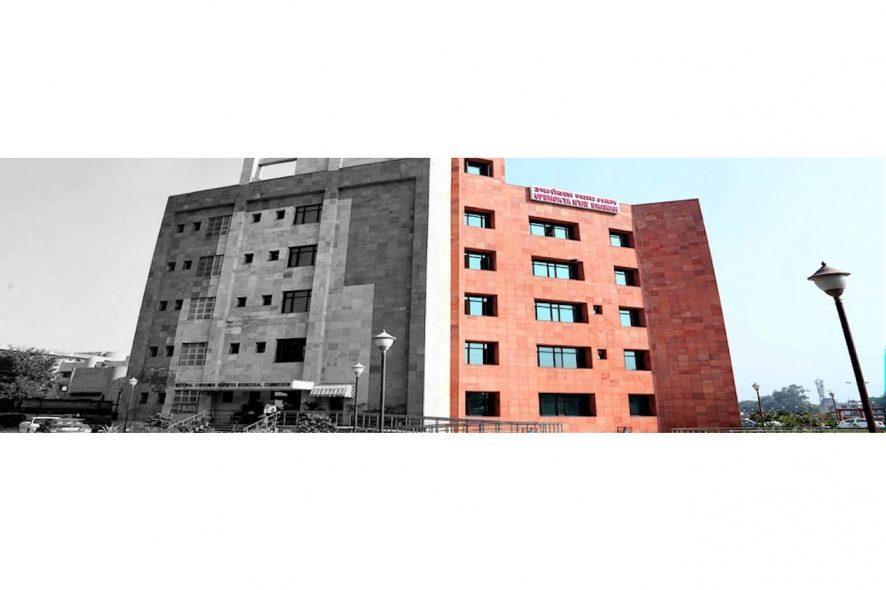National Consumer Disputes Redressal Commission (NCDRC): Dr S.M. Kantikar (Presiding Member) while addressing an allegation of medical negligence, remarked that,
At times, the professional is confronted with making a choice between the devil and the deep sea and he has to choose the lesser evil.
The medical professional is often called upon to adopt a procedure that involves a higher element of risk, but which he honestly believes as providing greater chances of success for the patient rather than a procedure involving lesser risk but higher chances of failure.
Background
Patient, the wife of the complainant was under regular observation in Civil Hospital during her pregnancy. On her complaint of labour pains, she was admitted to the Kalka Nursing Home and remained under observation and then was referred to OP-1. OP-2 performed a caesarean section and a baby girl was delivered.
Complainant submitted that after her operation, the patient developed pain and she and she became critical and unconscious; therefore, the OP-2 referred the patient to PGI Chandigarh without providing any medical attendant. The patient died on the way, and she was brought back to the OP-1 hospital.
Complainant filed a consumer complaint while alleging that medical negligence on the part of the OP-1 and OP-2 caused the death of his wife.
District Forum had allowed the complaint and ordered the OPs to pay jointly and severally a lump sum compensation of Rs 5,00,000.
State Commission also upheld the District Forum’s decision.
Being aggrieved with the above decision, OPs 1 and 2 filed the revision petition.
Main allegation of the Complainant was that the cause of death of his wife was either due to spinal shock because of excessive anaesthesia or mismanagement while applying anaesthesia or excessive bleeding at the time of delivery which the OP-2 failed to control.
Coram relied on the decision of Supreme Court in Jacob Mathew v. State of Punjab, (2005) 6 SCC 1.
The medical practitioner faced with such an emergency always tries his best to redeem the patient out of his suffering. No sensible professional would intentionally commit an act or omission which would result in loss or injury to the patient.
Commission observed that a mere deviation from normal professional practice is not necessarily evidence of negligence. Also, mere accident is not evidence of negligence. So also, an error of judgment on the part of a professional is not negligence per se.
In view of the facts and circumstances of the present matter, Coram held that merely because the medical practitioner chose to follow one procedure and not another and the result was a failure cannot be held as a negligent act.
Commission opined that the patient was in an advanced stage of labour and it was an emergency, so OP-2’s decision was correct to perform an emergency Caesarian operation to save the life of the patient and foetus.
The duty of treating doctor is to decide the method of treatment depending upon the condition of the patients and the circumstances of each case, thus it cannot be construed as medical negligence.
The commission while concluding the decision set aside the orders of both the lower fora and revision petition was allowed. [J.N. Shori multi-speciality Hospital v. Krishan Lal, 2021 SCC OnLine NCDRC 291, Decided on 23-07-2021]
Advocates before the Court:
For Petitioners: Mr Abhineet Taneja, Advocate
For Respondent 1: Mr Bharat Swaroop Sharma, Advocate
For Respondent 2: Dr Sushil Kumar Gupta, Advocate






